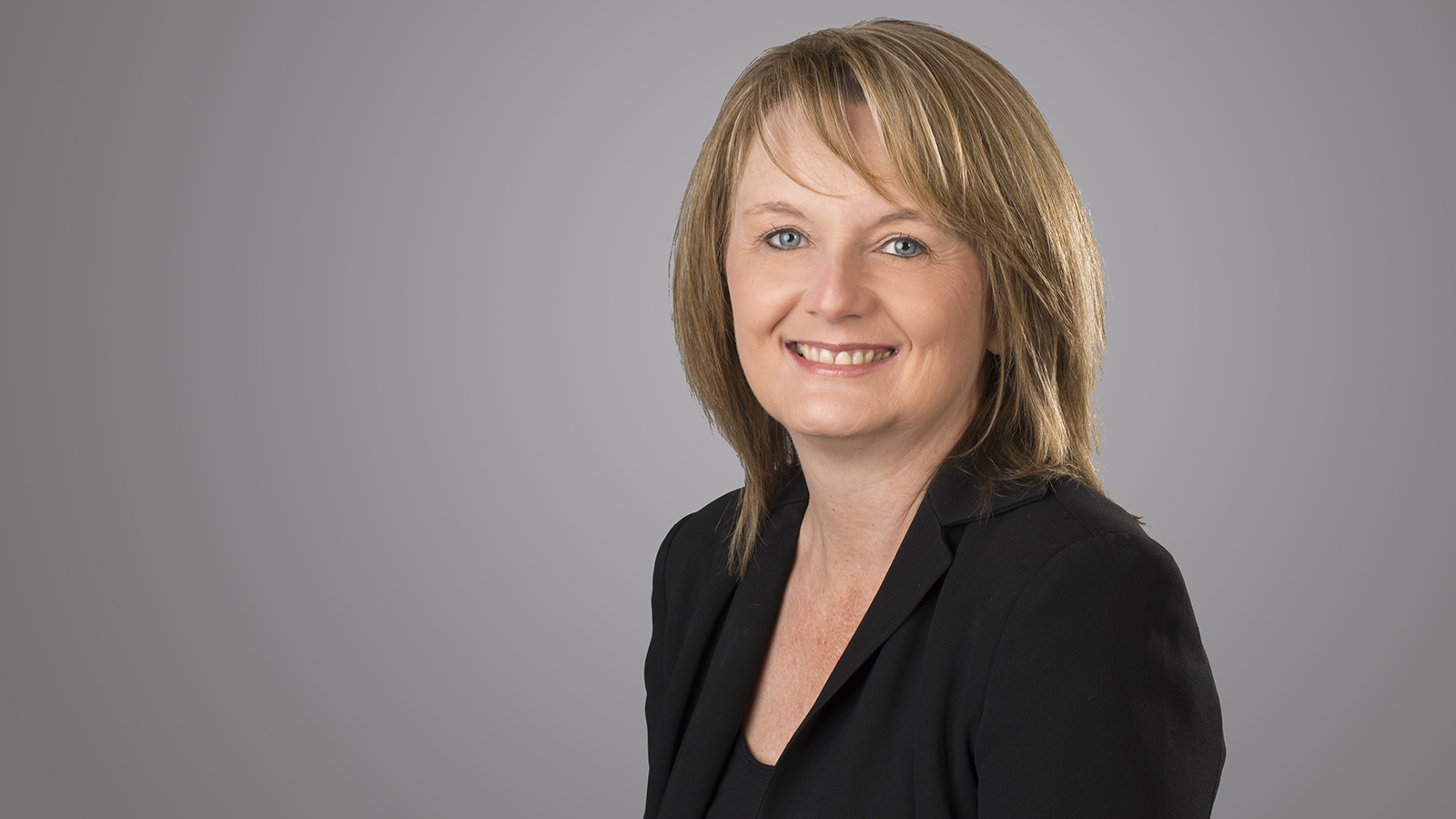
Kristy Weissling selected for Donald R. & Mary Lee Swanson Award for Teaching Excellence
18 Apr 2024
Kristy Weissling, professor of practice and interim chair in the University of Nebraska-Lincoln’s Department of Special Education and Communication Disorders, has been selected as the recipient of the 2024 Donald R. & Mary Lee Swanson Award for Teaching Excellence.
The annual award honors exemplary teaching in the College of Education and Human Sciences. It is the highest teaching honor awarded in CEHS. Weissling will be recognized for the honor during the CEHS Annual Awards on April 26.
“This award is particularly meaningful to me because it was previously won by ‘teaching heroes’ within my own department,” Weissling said. “Chris Marvin, an early award recipient and model educator, and John Maag, who is a current colleague and exemplary teacher, are among the recipients of the award. They are colleagues who I deeply admire for their impact on special education and communication disorders students’ learning and practice. Additionally, Charles Healey, who was my teacher as an undergraduate and master’s student and whose teaching I admired greatly at that time, won this award in 2014. To be recognized alongside these great educators is the ultimate teaching honor. I hope to continue to live up to the principles of the award as I continue my teaching career.”
Weissling joined the faculty in SECD as a lecturer in 2003 before moving into an assistant professor of practice role in 2009. She was fully promoted to professor of practice in 2021 and has served the department as interim chair since January 2023.
She holds a faculty position in the speech-language pathology program at UNL, teaching in both classroom and clinical settings. Through her teaching, Weissling emphasizes the development and engagement of critical thinking, the understanding and application of evidence-based practice, the application of theory to practice, and improvement in written communication for clinical practice.
“Radiating passion for her work has been an evident characteristic of Kristy Weissling since the moment I first met her,” second-year speech-language pathology master’s student Bailey Swan wrote in her letter of support. “I specifically recall a presentation she gave at a graduate program open house where she passionately emphasized the need for ‘21st century clinicians.’ Now, having taken four of her classes, I can attest to that passion being woven into her clinical supervision and teaching pedagogy.”
Weissling’s classroom instruction is primarily at the graduate level for master’s students in the speech-language pathology program. She is a leader in augmentative and alternative communication (AAC) on campus and beyond and has also taught courses in cognition and language in adults, aphasia and acquired language impairment, dementia and degenerative cognitive impairments, and an on-campus clinic practicum.
Weissling prioritizes collaboration and played a key role in transitioning the speech-language pathology program to a co-teaching model. She has also been actively involved in enhancing interprofessional education and practice within the program. Beginning in 2020, the AAC course became required for both master’s-level speech-language pathology students as well as undergraduate students in special education to address a nationwide demand for the course content to be integrated into schools. It also became the first of what is now several co-taught courses using a team-teaching approach in the speech-language pathology curriculum.
The Swanson Award focuses on the positive impact of teaching excellence on students. The award honors a professor who promotes critical and creative thinking, encourages engaged and continuous learning, holds high standards for student performance while providing ample support to all students, and consistently works to improve their teaching. A complete list of past award recipients can be found at https://cehs.unl.edu/cehs/award-recipients/.
College of Education and Human Sciences
Special Education and Communication Disorders